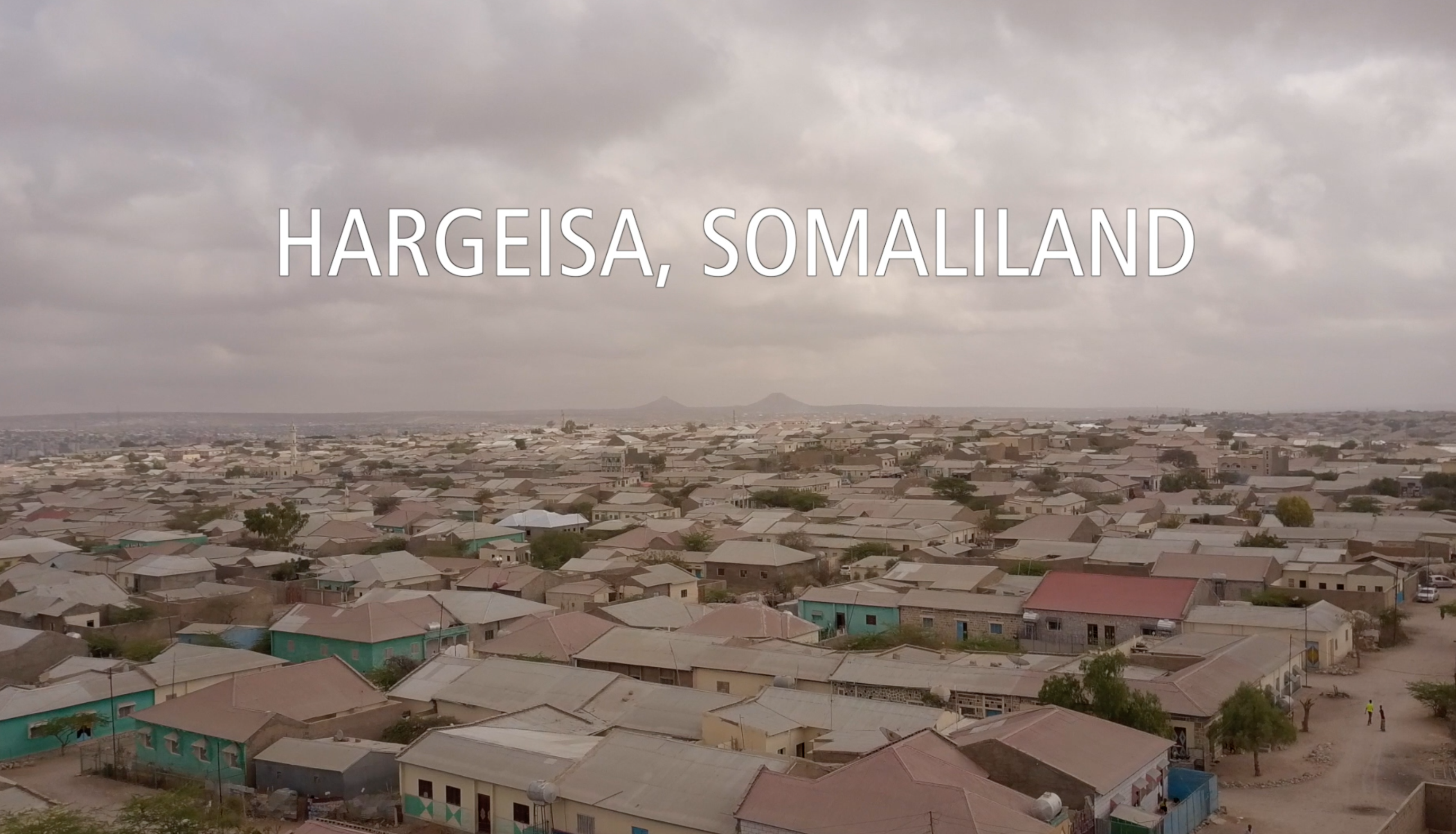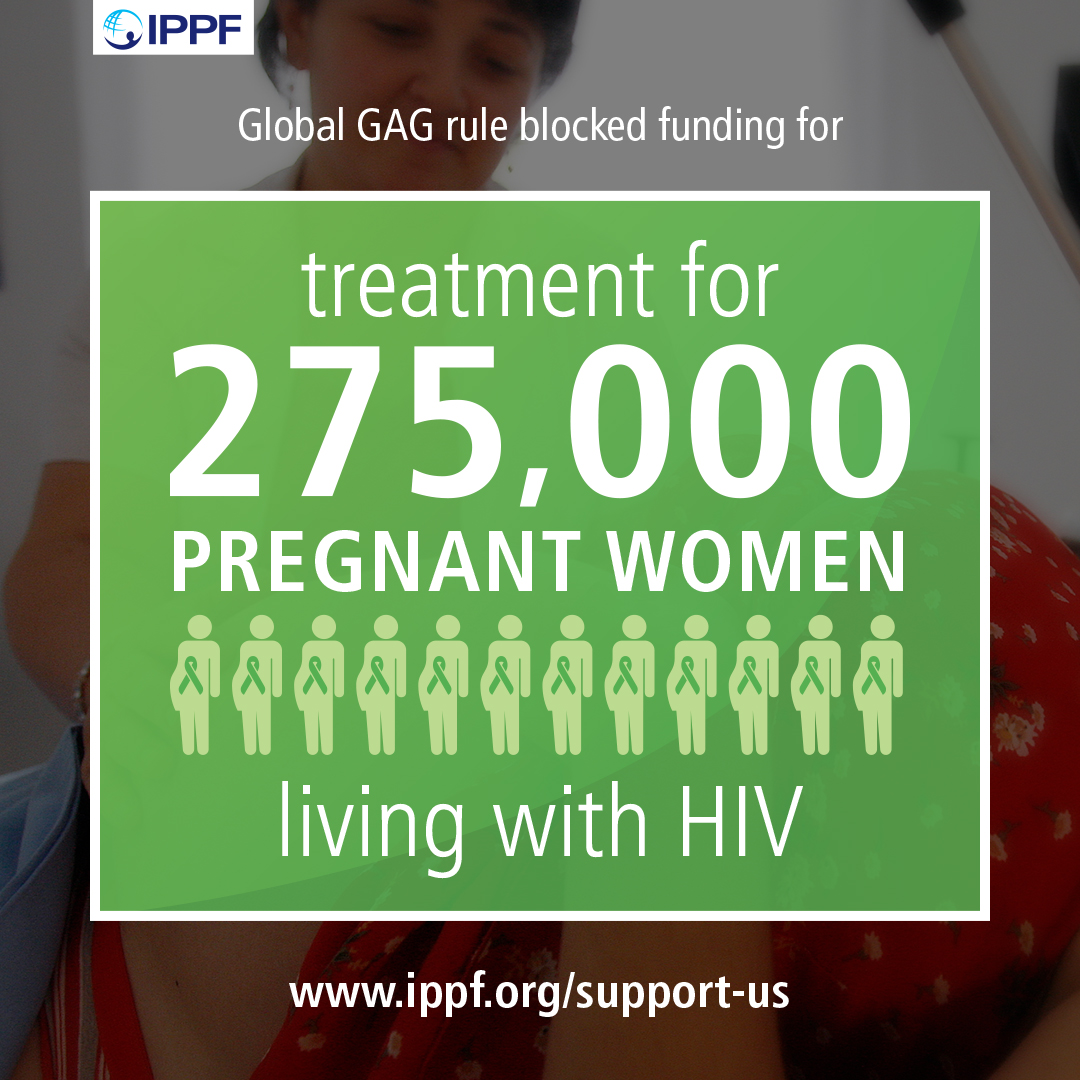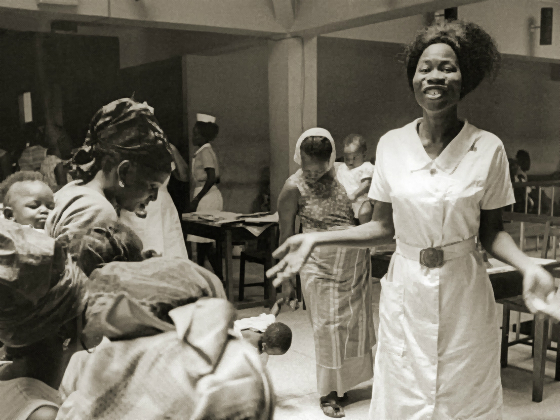Spotlight
A selection of resources from across the Federation

HIV Theory of Change
Our HIV Theory of Change is to clarify the goals and vision of IPPF’s HIV programme and to articulate the different pathways and strategies IPPF uses to contribute towards its HIV goals and vision.
Filter our resources by:


| 24 May 2019
The Period Quiz
The Period QuizAbout half the world’s population menstruates at some point in their lives, but periods are still a big taboo in many places. What do you really know about the flow? Find out in our quiz...How many periods does the average person have in a lifetime?Only girls and women get periodsAt what point during the menstrual cycle is someone most likely to get pregnant?How much blood does the average person lose during a period?What proportion of girls in Ghana sometimes miss school due to their periods?What is the lifetime cost of a period in the UK?How many menstruators in India use unsafe materials (such as ashes and mud) to manage their periods?Good try! ? If you learned something new today, scroll down to share this with friends.Great work! ? If you learned something new today, scroll down to share this with friends.

| 17 May 2018
Watch: Hope on the Horizon: FGM in Somaliland
Female genital mutilation (FGM) is a procedure that involves altering or injuring female genitalia for non-medical reasons. It is estimated that almost 200 million women and girls worldwide have undergone some form of FGM. FGM has been recorded in 30 countries with Somaliland having one of the highest prevalence rates in the world at 98% for women and girls aged between 15 - 49 years old. Hope on the horizon documents the hard work IPPF member association SOFHA (Somaliland Family Health Association) is doing within the local community to help change minds and eventually bring an end to female genital mutilation (FGM). Slowly, but surely, attitudes are changing.

| 08 March 2017
Watch: What's the impact of the Global Gag Rule?
We calculated the human cost of the U.S. Global Gag Rule. The effects can be devastating for millions of poor and marginalised women. WANT TO GET INVOLVED? SUBSCRIBE NOW TO GET UPDATES FROM IPPF SUPPORT OUR WORK WITH A DONATION

| 23 February 2017
Celebrating over 60 years of service delivery
For over 60 years, IPPF has been at the vanguard of the family planning movement, championing and fighting for rights‑based, voluntary family planning worldwide.
| 22 December 2016
IMAP Statement on preventing cervical cancer
Cervical cancer, largely preventable, is one of the main causes of cancer death in women. In 2012, 528,000 new cases of cervical cancer were diagnosed and 266,000 women died of the disease, nearly 90 per cent of them in low to middle income countries. Deaths due to cervical cancer are projected to rise by almost 25 per cent over the next 10 years.1 Most women die of the disease when they are still in the workplace and caring for their families, at a high cost to society and to the economy. Cervical cancer prevention encompasses a wide range of interventions, which provide IPPF Member Associations with multiple opportunities within the continuum of care to decrease mortality and morbidity from the disease.

| 11 October 2016
Changing lives in Nigeria
Nigeria has Africa’s biggest population. And it’s still growing at 3% a year. A lack of family planning is one reason – many women and girls want contraception – but like millions around the world – can’t get it. But that could be about to change, thanks to a pilot project run by Planned Parenthood Federation of Nigeria (PPFN), IPPF’s national member. It’s proving a huge success. This is its story, told by the women whose lives it has changed and the people working to change them. LAUNCH THE INTERACTIVE STORY















